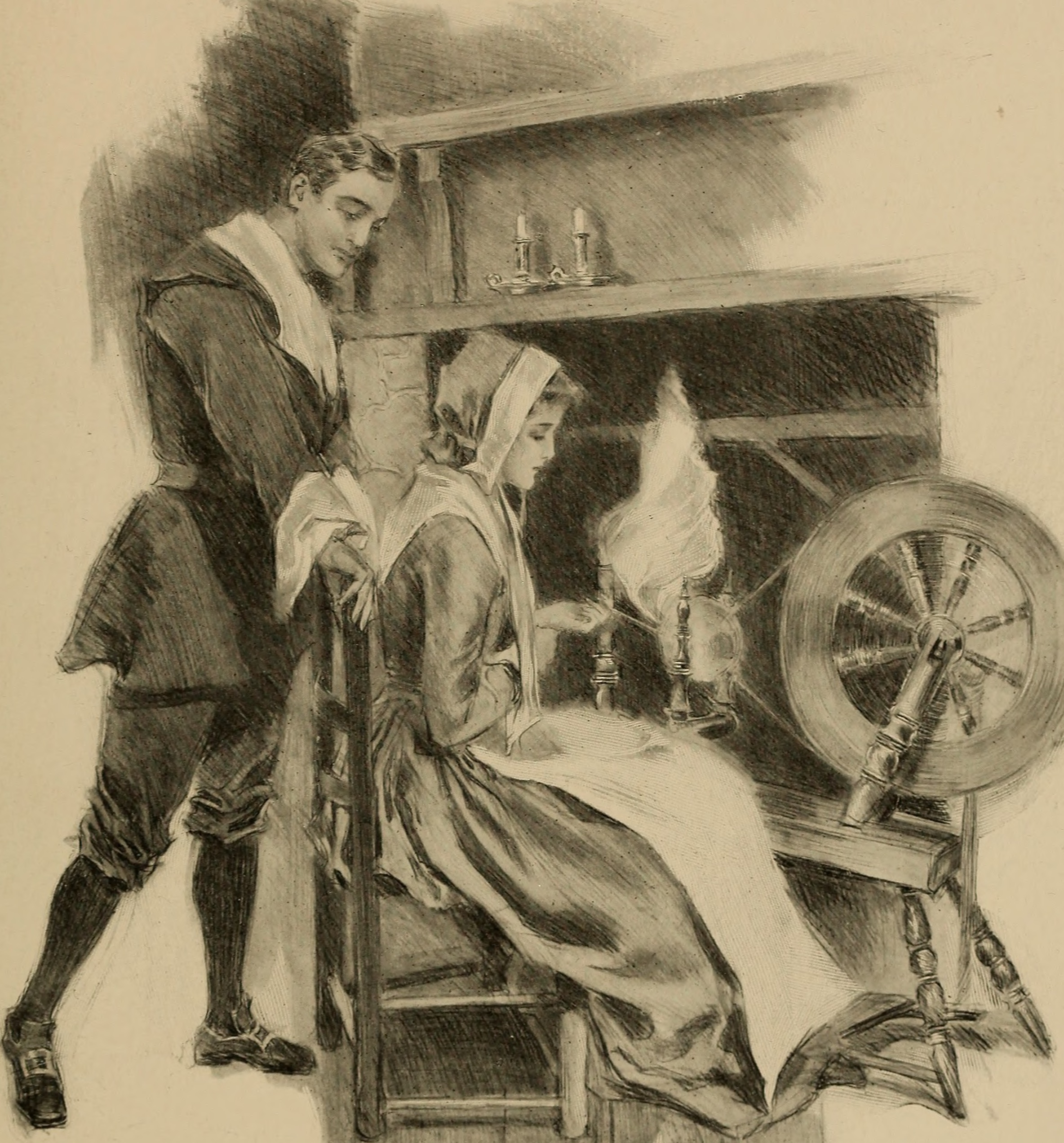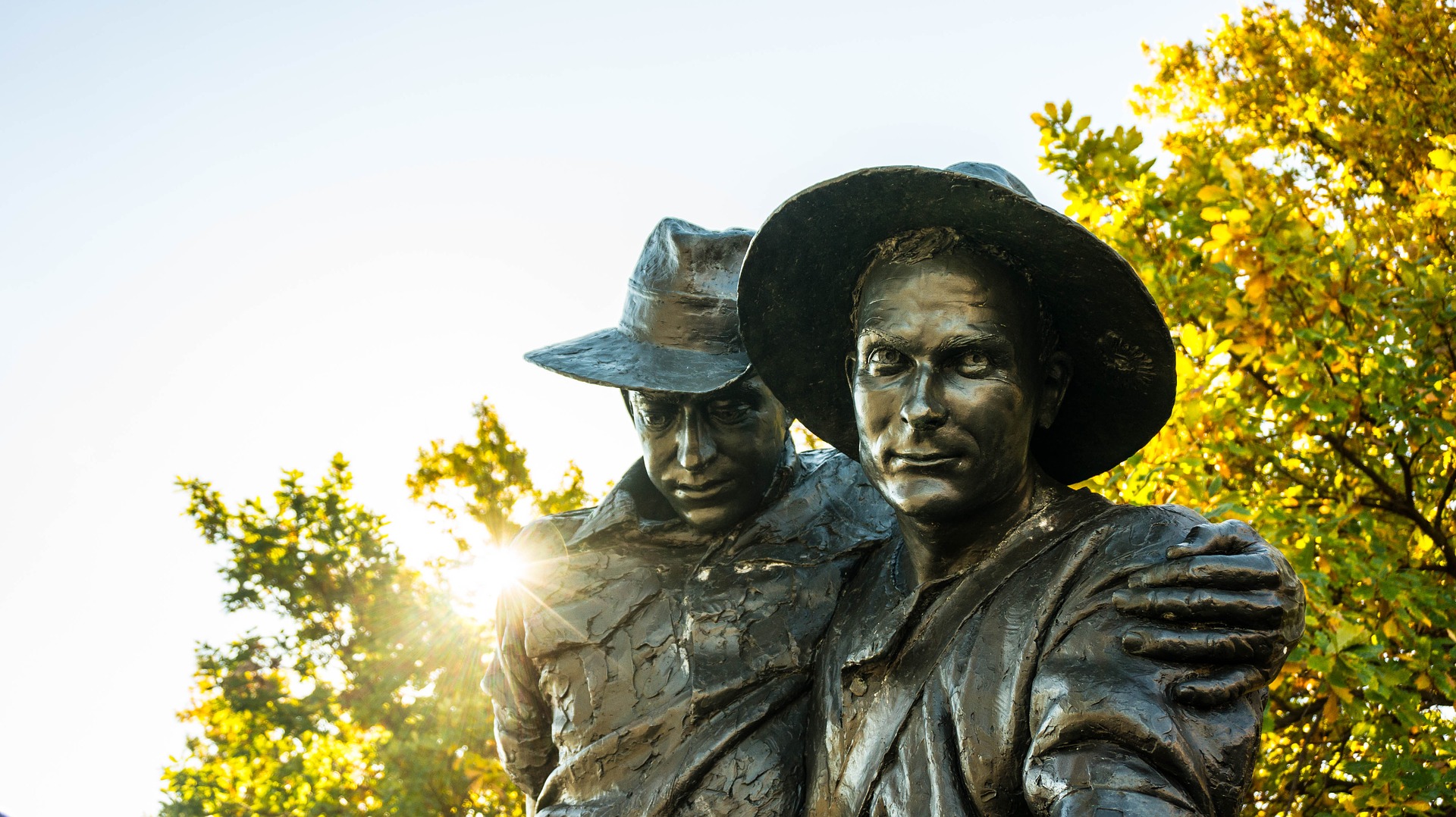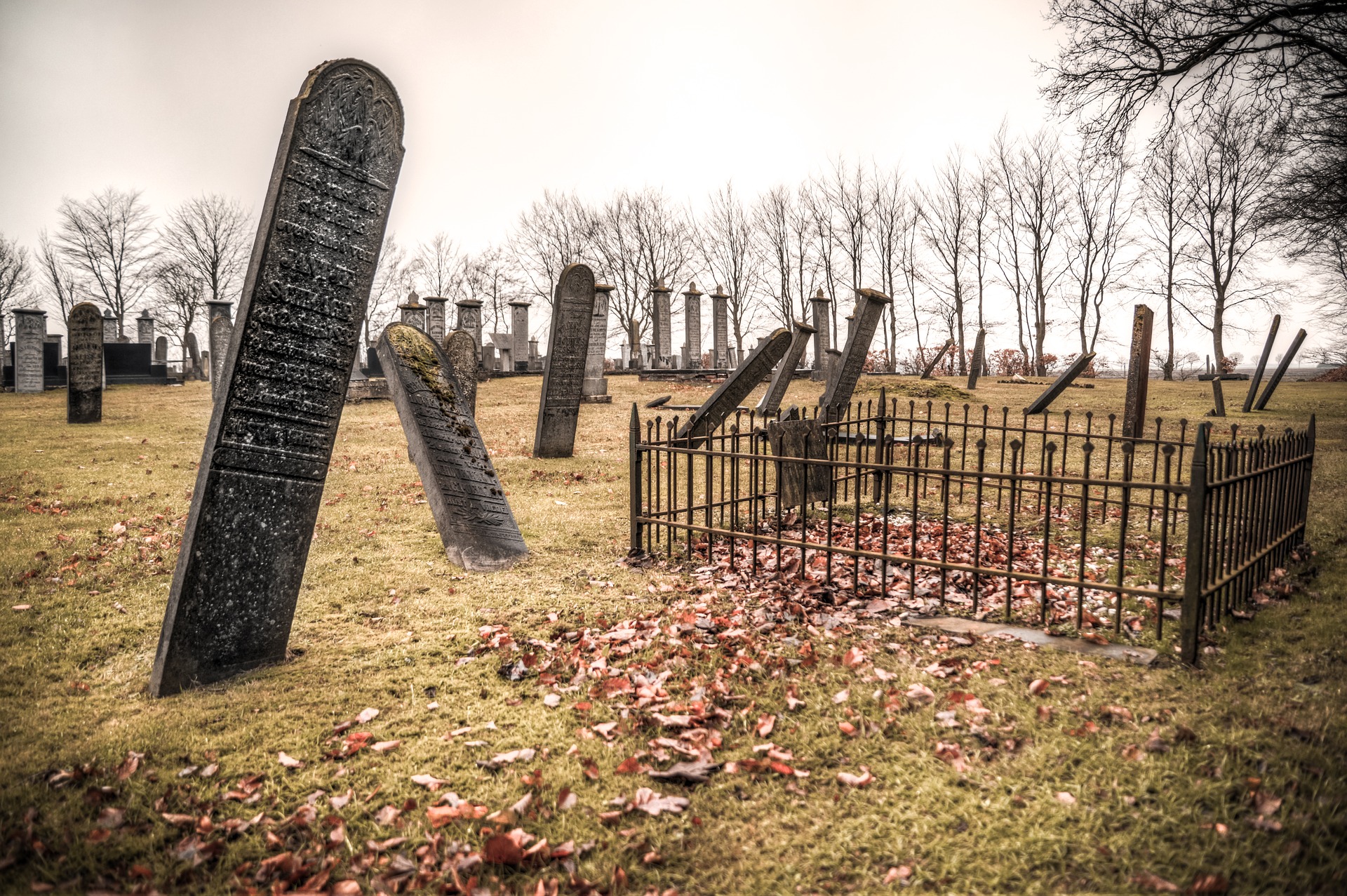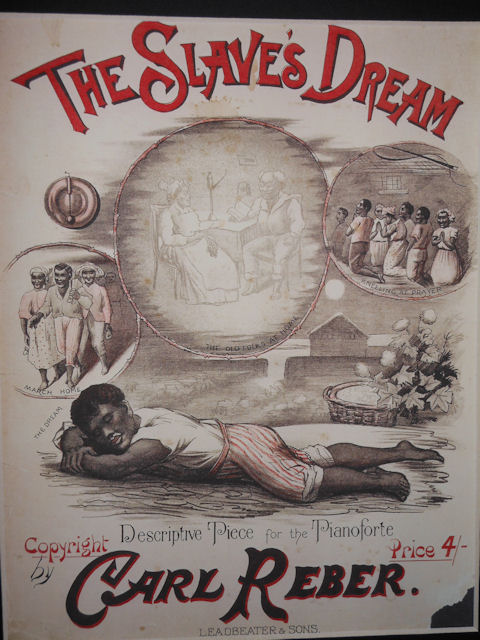The poem is written by Longfellow on rain in summer. In the poem, he is overjoyed by the shower on a hot day. He opens the poem by exclaiming, “How beautiful is the rain!” which shows his happiness and excitement about rain. He talks about how the drizzle and shower relieve him from the heat and dust of the summer.
Rain in Summer Summary and Analysis: 2022
How beautiful is the rain!
After the dust and heat,
In the broad and fiery street,
In the narrow lane,How beautiful is the rain!
How it clatters along the roofs,
Like the tramp of hoofs
How it gushes and struggles out
From the throat of the overflowing spout!
In these lines, he is just mesmerized by the rain washing off all the heat and dust from the narrow and broad lanes of the city, and he reiterates the statement, “How beautiful is the rain!” In the following lines, he speaks about how raindrops falling on the roofs have a rhythmic appeal. He compares it with the hoofs of the horses to give us an image of the rhythm and sound of the raindrops on the roof. In the last two lines, he writes how the rain falls from the sky as if it is freed from the overflowing clouds in the sky.
Across the window-pane
It pours and pours;
And swift and wide,
With a muddy tide,
Like a river down the gutter roars
The rain, the welcome rain!
In these lines, the poet describes what it looks like when the rain falls on the windowpane and how swift and wider the gutters look, as they are full of rainwater and filled with mud. It looks like a river roaring down. He feels thrilled about the rain and welcomes it with open arms.
The sick man from his chamber looks
At the twisted brooks;
He can feel the cool
Breath of each little pool;
His fevered brain
Grows calm again,
And he breathes a blessing on the rain.
In these lines, Longfellow talks about how people of all age groups enjoy rain in their ways and how they are happy to see the rain. The man who is ill looks at the brooks and branches from his room and feels the cool of the rain. He can sense it from sight and grows calm, and feels better.
From the neighboring school
Come the boys,
With more than their wonted noise
And commotion;
And down the wet streets
Sail their mimic fleets,
Till the treacherous pool
Ingulfs them in its whirling
And turbulent ocean.
In these lines, the poet speaks of the small boys from the school who are delighted to see the rain and run from their classes to the wet streets making noises and screaming in excitement. They play in the rain and the pool of water mixed with water, mud, and dirt. But they don’t care and fall into it.
In the country, on every side,
Where far and wide,
Like a leopard’s tawny and spotted hide,
Stretches the plain,
To the dry grass and the drier grain
How welcome is the rain!
In these lines, Longfellow speaks about how the heat of the summer had dried. Every kind of vegetation around has dried and turned yellow. He says that the entire field resembles a suitable place for the hideout of the leopard, as it’s yellow and spotted like its fur and stretches all over the plains. And that parched bit of land is overjoyed, too, on the arrival of rain.
In the furrowed land
The toilsome and patient oxen stand;
Lifting the yoke encumbered head,
With their dilated nostrils spread,
They silently inhale
The clover-scented gale,
And the vapors that arise
From the well-watered and smoking soil.
Longfellow is now talking about the heat rising from the earth and how the earth smells as the drops of rainfall on it cool down the hot soil. It cools and calms the entire environment around.
For this rest in the furrow after toil
Their large and lustrous eyes
Seem to thank the Lord,
More than man’s spoken word.
The poet says that once it has started pouring, everyone seems to look towards the sky and silently thank God for showering his blessings on them.
Near at hand,
From under the sheltering trees,
The farmer sees
His pastures, and his fields of grain,
As they bend their tops
To the numberless beating drops
Of the incessant rain.
In these lines, the poet describes the peasants’ joy as they see the rain falling from the sky and replenishing their crops and fields. They are satisfied to smell the aroma of rain as it pours from the sky.
He counts it as no sin
That he sees therein
Only his own thrift and gain.
These, and far more than these,
The Poet sees!
The poet says that the peasant doesn’t see any harm or sin in being satisfied that the rain has come only for his benefit, but it’s the poet’s eyes that can see everything and much more and far than this.
He can behold
Aquarius old
Walking the fenceless fields of air;
And from each ample fold
Of the clouds about him rolled
Scattering everywhere
The showery rain,
As the farmer scatters his grain.
The poet says that he can go through many imaginations and thoughts about the rains scattering from the clouds, like the peasants collecting their grains from the field during the harvest period.
He can behold
Things manifold
That have not yet been wholly told,–
Have not been wholly sung nor said.
The poet says that he could behold and enjoy the beauty of the rain and unfold a lot of expressions and emotions about the rain, which have not been told yet, and some of them have not been written or registered yet by anyone.
For his thought, that never stops,
Follows the water-drops
Down to the graves of the dead,
Down through chasms and gulfs profound,
To the dreary fountain-head
Of lakes and rivers underground;
And sees them, when the rain is done,
On the bridge of colors seven
Climbing up once more to heaven,
Opposite the setting sun.
Here the poet is trying to describe the power of his imagination. The poet says that though people around him enjoy the rain and thanks to the heavens, the poet doesn’t stop there, and his imagination keeps flowing. His imagination reaches every corner, which people usually don’t go towards.
Thus the Seer,
With vision clear,
Sees forms appear and disappear,
In the perpetual round of strange,
Mysterious change
From birth to death, from death to birth,
From earth to heaven, from heaven to earth;
Till glimpses more sublime
Of things, unseen before,
Unto his wondering eyes reveal
The Universe, as an immeasurable wheel
Turning forevermore
In the rapid and rushing river of Time.
The poet tries to talk about the endless cycles of birth and death, and rain is symbolic of that cycle. The water keeps evaporating and going to the heavens and keeps showering down to the earth, and the process continues. Similarly, there are many more which keep cycling and repeating in this universe that we are unaware of and which are rushing through time.
Updated by Anjali Roongta on 13th April 2023.
Some online learning platforms provide certifications, while others are designed to simply grow your skills in your personal and professional life. Including Masterclass and Coursera, here are our recommendations for the best online learning platforms you can sign up for today.
The 7 Best Online Learning Platforms of 2022
- Best Overall: Coursera
- Best for Niche Topics: Udemy
- Best for Creative Fields: Skillshare
- Best for Celebrity Lessons: MasterClass
- Best for STEM: EdX
- Best for Career Building: Udacity
- Best for Data Learning: Pluralsight















Good! I liked it a lot.
Yes it is good try keep it up
Awesome…helped understand everything better…
Very good ??
how does old man relief in rain
how benift of the farmer in the rain
thanks alot this is my homewor can you give me answer to this question about this poem:
the poet has talk about the impact of rain in different places and object? list them now
list the people who get affected by the rain?
VERY USEFUL
Good
Good
Would you please guide me with the questions and answers of this poem Rain in Summer. Thanks.